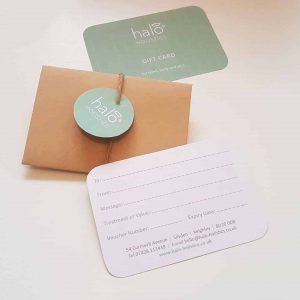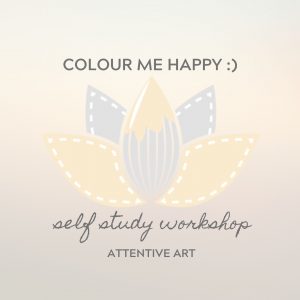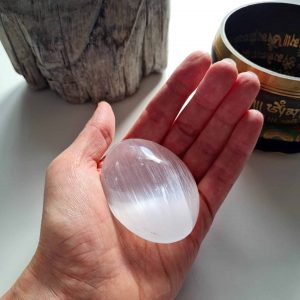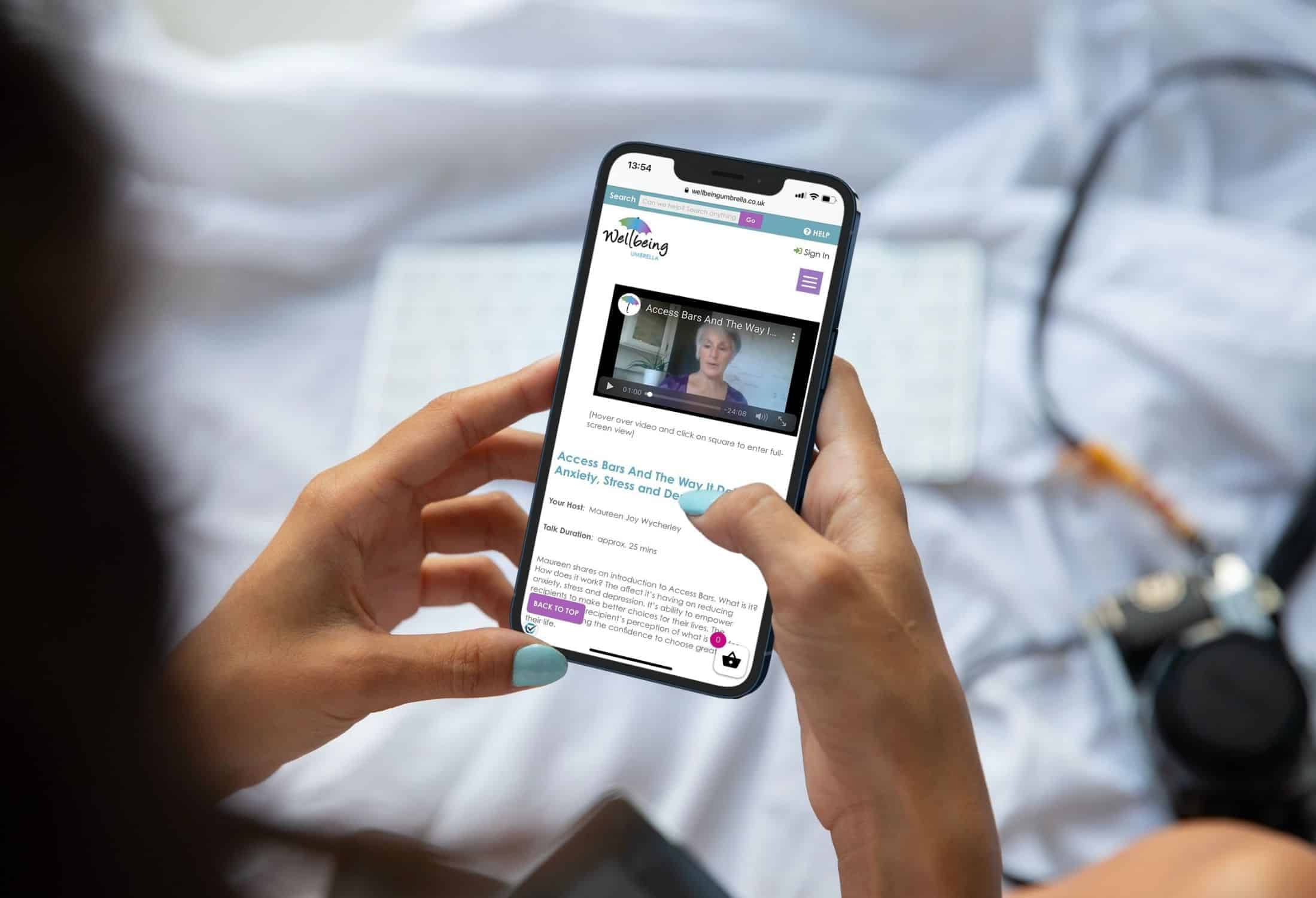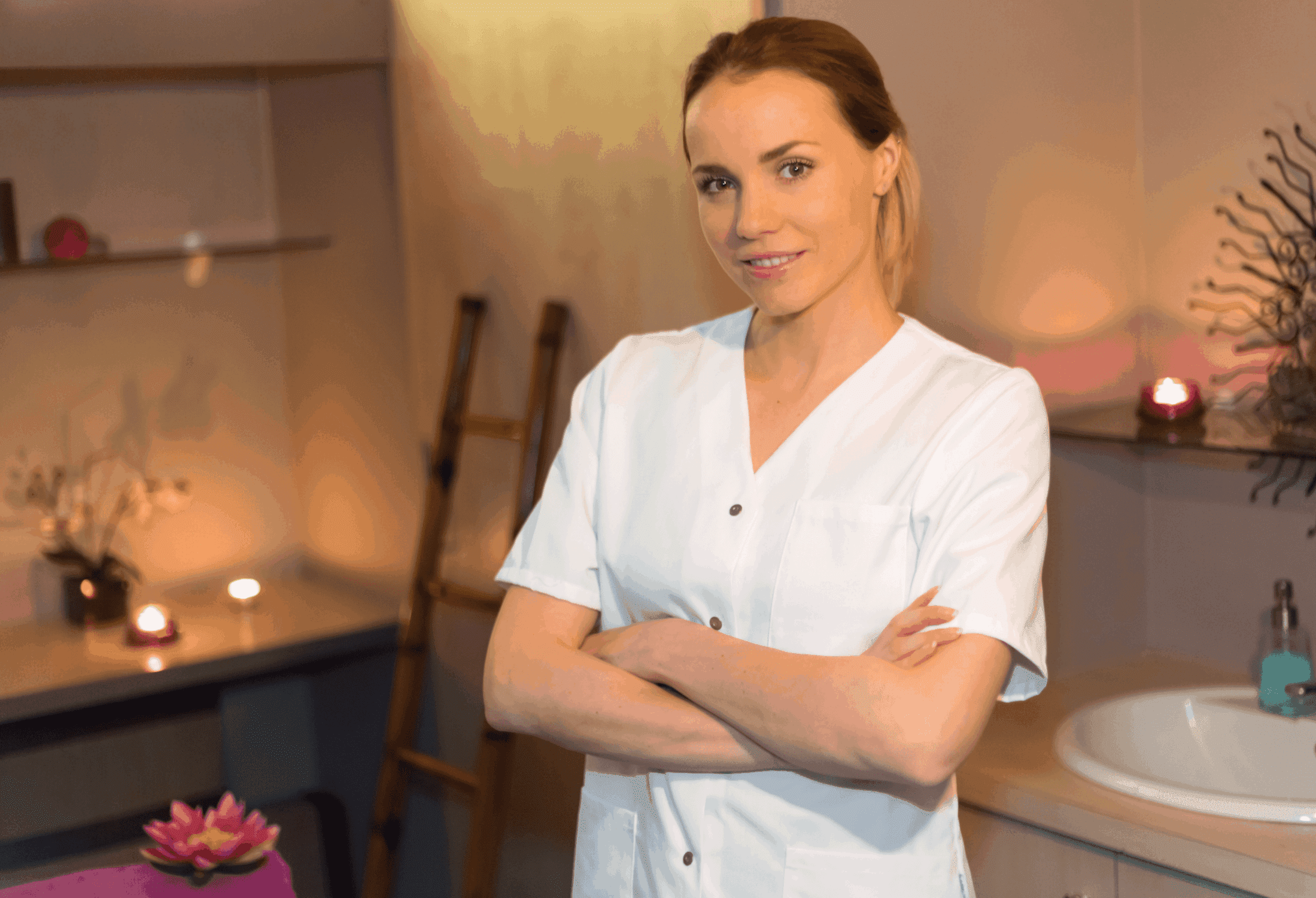What 7 Wellness Experts Say About the Best Ways To Naturally Manage Insomnia
11th Jul 22
The joys of insomnia and restless nights!
Despite sleep being a natural process, we can all experience times when our sleep pattern is out of whack.
Whether you have difficulty falling asleep, staying asleep or waking too early. Bouts of short-term sleeplessness, never mind insomnia, is no fun!
When it comes to sleep advice and strategies, sadly there isn’t a no one-size-fits-all solution. We all have different circumstances, lifestyles and routines that govern us.
That said, it’s helpful to know what some of your options are, wouldn’t you agree?
Good news; we’ve gathered advice from seven amazing wellness experts!
Yes, that’s right, natural sleeping solutions that experts across several wellness industries recommend! So, are you ready to combat sleeplessness and insomnia? If so, read on!
1. Eileen Burns, Stress Management Trainer, Therapist & Coach at Stress Coach Training
Relaxation Therapy Techniques
Relaxation Therapy Techniques are extremely powerful techniques to encourage your body into deep states of relaxation and deep quality sleep.
Most stress-related insomnia is caused by the insomnia cycle. This is often triggered by an episode or episodes of overstimulation, chronic anxiety, and or chronic stress.
The challenge with insomnia is that lack of sleep increases anxiety, stress, fatigue, and overwhelm, which can lead to you experiencing further anxiety, stress, fatigue and overwhelm!
Relaxation techniques are extremely helpful at moving your mind, body, and emotions from the insomnia cycle into deeper states of relaxation, peace, and deep quality sleep. Especially muscle relaxation techniques that move you from the stress response into the relaxation response.
Most muscle relaxation techniques are specifically designed to help you physiologically and psychologically move away from the stress and insomnia cycle.
Physiologically muscle relaxation techniques help reduce muscle tension, poor breathing, pain, and inflammation, which all keep your body in the anxiety and stress cycle.
Muscle relaxation techniques help encourage your mind into deeper states of relaxation and peace by anchoring the mind’s attention into a state of letting go. Muscle relaxation techniques retrain your mind, body and emotions into a state of balance and equilibrium.
Check out some of Eileen’s relaxation meditations and how they can help benefit you over at Stress Coach Training .
2. Mina Ahmed, Psychotherapist at Mind Peace
BrainWorking Recursive Therapy
Although many of you may have used a range of sleep hygiene techniques and they may be fabulous, the truth is that brain is in charge of your sleep.
Therefore, to understand our distributed sleep patterns we have to visit the actual earliest or most challenging memory you have about sleep.
To remove this discomfort, improve sleep patterns and desensitise anxious sleep patterns, I use *BrainWorking Recursive Therapy sessions for my clients and this involves these steps:
- Find that ‘worst memory’ of poor sleep
- Label discomfort memory between 1-10; must be 8 or above if not, we explore a new memory
- Think of a ‘preferred state’ you would like to focus on. It can be unrelated to this discomfort memory such as making a cup of tea.
- Then visualise a future memory of your choice where you have noticed how this therapy has already worked and you are sleeping well
- During the session I then take you through the (BWRT) script that relaxes you, but you are fully aware and awake.
- Changes/benefits occur immediately after therapy and then you feel super desensitised to the discomfort you had around sleep.
You can learn more about BrainWorking Recursive Therapy and how it can benefit you, with Mina over at Mind Peace.
*Terence Watts Founder BWRT® 2011
3. Karen Pullan, Psychotherapeutic Counsellor and Yoga Teacher at Karen Pullan Yoga
Yoga
Can Insomnia be cured by yoga?
Well, I don’t like the word cured, but pretty much everyone will have periods of lack of sleep.
However, in a recent Harvard Medical School study it was found that a regular yoga practice improved sleep efficiency. Plus, total sleep time and how quickly participants fell asleep, were amongst other improvements, for those with insomnia.
I often find that feedback from my students is “I slept really well after last week’s class” and “The more I come to yoga classes the better my sleep pattern is and lasts longer each week”.
Great recommendations for yoga I feel!
It’s a combination of the movement and the breath. A release of the busyness of the mind. Allowing your mind and body to connect instead of being disconnected.
The mind will always try to be busy; it is its job; yoga can help to still your mind. And though you may feel it is counterintuitive to exercise before bed, yoga actually calms the nervous system and allows you to wind down from your day.
Using calming and restorative yoga brings your nervous system into balance. Regular practice and a routine will over time improve your health and lead to better quality sleep.
Are you ready to give Yoga a go to help with your sleep problem? Check out Yoga with Karen at Karen Pullan Yoga if so!
4. Gill Davidson, Anxiety and Self Esteem Recovery Coach at Gill Davidson Coaching
A simple exercise is to focus on a spot on the wall or ceiling, just above eye level. As you become aware of your surroundings you will notice your breathing begin to change and slow down, becoming deeper and more relaxed.
Lower your gaze to eye level, continuing to be aware of your breathing which is becoming deeper and deeper as you continue to relax.
This is great strategy for helping you to declutter your mind when you have a lot going on, for times when you feel anxious and overwhelmed and for helping with relaxing and getting to sleep.
Check out Gill Davidson Coaching if you need further support with incorporating self-care and self-hypnosis into your life to help improve you sleep.
5. Michelle Paterson, Nutritional Therapist & Health Coach at Transition Nutrition
Nutritional Therapy
I’m a Nutritional Therapist and Health Coach and I often work with people who are struggling with their sleep. Nutritional Therapy is a practice I use to help people discover, understand and heal the root causes using food, diet, supplements and lifestyle interventions.
Nutritional Therapy is very specific and plans of support are tailored towards you as an individual. To provide the right support, it is important for me to understand in detail your health history, symptoms and how you live your life.
As a Nutritional Therapist, I would initially undertake a detailed assessment to understand aspects that may be affecting your ability to sleep well. These may include things like hot flushes and night sweats (as part of hormone imbalance), acid reflux or any pain (which is often worse at night) or even snoring partners or equally disruptive pets!
There are also specific nutritional deficiencies that can interfere with your sleep which we would explore. Low iron is often correlated with poor sleep, as is low magnesium (nature’s tranquilliser).
In such cases, an Epsom salt bath (magnesium sulphate) can be helpful in preparing us for sleep. Making sure the diet includes sufficient amounts of the right proteins is also key. Proteins are the building blocks for melatonin, our sleep hormone.
Learn more about how Nutritional Therapy can help get to the bottom of poor sleep and regain balance, with Michelle over at Transition Nutrition.
6. Sheri Werner, Reiki Practitioner at Seven Jewels Therapies
Reiki
Reiki is a fabulous therapy to help promote good sleep health. Its name can be translated as “universal life force energy” and is a natural system of therapeutic touch.
The treatment promotes an improved sense of wellbeing and a positive feeling of spiritual renewal.
A practitioner uses a series of hand positions lightly on or just above your body to encourage balance of mind, body, emotions and spirit.
A session is usually delivered while you are laying down with your eyes closed, in a private and therapeutic environment. Some deep breathing and meditative music, as well as the gentle touch of the therapist, activates the parasympathetic nervous system. This encourages your body and mind to enter into the “rest and digest” state, where your body can relax, and your mind begins to switch off.
During this resting state, it’s possible to fall asleep, sometimes within the first fifteen minutes!
This healing therapy can feel wonderfully nurturing, and the opportunity to talk to a compassionate listener and then take time to receive care and to rest can lead to a good night’s sleep later that day.
The supportive and reflective nature of this therapy can also help clients to reset their approach and make lifestyle choices that support better sleep, such as prioritising self-care.
Learn more about how Reiki therapy can help improve your sleep, with Sheri over at Seven Jewels Therapies.
7. Jane Dyer, Workplace Wellbeing Concierge, Advisor, Coach at Tudor Rose Workplace Wellbeing Consultancy
Lifestyle Changes
As a Workplace Wellbeing Advisor, I can see first-hand how sleep helps us function at our best. Plus, improves our appearance, brainpower, memory and other vital body functions. Reduces our risk of gaining weight, fatigue or developing chronic health conditions.
We need 6 hours (less than 4.5 you should refer to your GP) sleep for optimal health. A lot of us toss and turn, don’t feel like getting out of bed in the morning, and drink coffee to avoid drowsiness during the day.
However, there are many reasons for insomnia such as: Illness, mental health, pregnancy, menopause, poor housing, financial problems, bereavement, a baby, divorce or separation, stress, shift work, working across time zones, long work hour, and even work relationships.
Employers could help by offering sleep programs/guidance as part of their health and wellness strategies, as insomnia can cause performance issues. Would you welcome this?
How can we help ourselves?
- Sleep in an airy, dark, quiet room
- Avoid caffeine after 12 noon
- Take a 20-minute afternoon nap
- Unwind before bed
- Start a conversation with someone we like and trust
Recognise the symptoms of insomnia early.
- Poor concentration
- Easily distracted Low/poor mood
- Decreased communication
- Increased intake of caffeine/energy drinks
- Increased sickness
Taking these simple steps, can help our sleep improve and reduce any associated risks.
If sleep problems are affecting your work and you’d like support reach out to Jane at Tudor Rose Workplace Wellbeing Consultancy.
OVER TO YOU!
We’re hoping this blog article gave you some wonderful awareness and inspiration on just some of the effective and natural ways to aid better sleep.
Now, all that is left to do is choose a sleep solution that best suits you, act and sleep soundly!
If you need further help exploring other ways to manage sleeplessness or insomnia, check our wellbeing platform for other useful solutions from a host of wellness experts over at Wellbeing Umbrella.
Disclaimer: The information contained on this Site is provided for general educational purposes only and is not intended to diagnose, treat, cure, or prevent any disease or health condition. Please consult a qualified health care professional to diagnose your health condition and prevent self-diagnosis. We do not dispense medical advice or prescribe or diagnose illness. Read full medical and health disclaimer.













